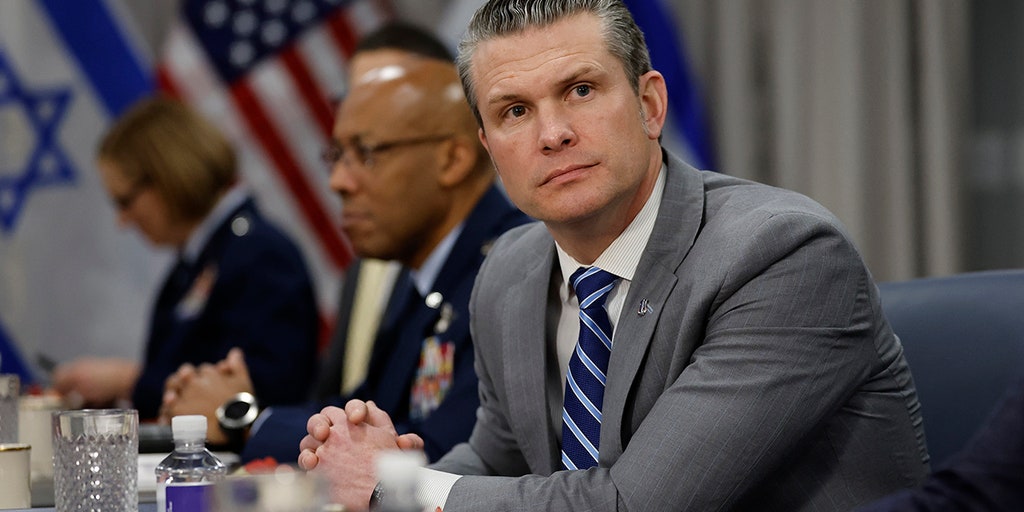Economists anticipate stable inflation rates as new year begins

Economists predict that inflation will remain stable at 2.9 percent annually, exerting pressure on President Trump's policies. Core inflation may show slight improvement at 3.1 percent.
Economists expect prices rose by 2.9 percent annually last month, the same gain reported in December.
Inflation proved stubborn in 2024, a trend that probably extended into the new year and could complicate President Donald Trump's policy ambitions.
A key gauge of inflation -- the consumer price index -- is expected to show Wednesday morning that prices rose by 2.9 percent in January from a year earlier, according to economists' forecast.
That would be just as hot as the annual gain reported in December, underscoring economic concerns of Americans who voted out incumbents in federal elections last fall.
Stripping out volatile food and energy categories, so-called core inflation was expected to have made some progress, growing by 3.1 percent for the year ending in January. That would be a tad lower than the 3.2 percent gain reported in December and demonstrate improvement in bringing down consumer prices, albeit just a little.
Another risk for policymakers: the "January effect," or the resetting of consumer prices for things like rents and other services, which could fuel hotter inflation at the beginning of the year.
It's unlikely to be a big deal but it could cause an upside surprise, said Joe Brusuelas, chief economist at RSM. Even a modest increase in the monthly headline or core figures could "spook investors on edge about the impact of tariffs and tighter immigration on inflation," he said.
Overall prices remain much higher than in 2019, just before the pandemic, amid a surge of consumer spending driving up the costs of health care, transportation and other categories of consumer services.
Though Federal Reserve officials expect inflation to continue to cool over time from alarmingly high levels in 2022, the process could take longer than previously expected, in part because of potential trade and immigration policies under Trump.
Trump has promised widespread deportations of undocumented immigrants and across-the-board tariffs on U.S. trading partners. Both policies could rekindle inflation depending on how they are implemented.
After the Fed trimmed borrowing costs by a full percentage point between September and December, it hit the pause button last month at its first meeting of the year. Officials have given no indication of when they would cut again but have signaled that they anticipate the pace of cuts slowing.
Officials this week said they have time to be cautious about future rate cuts because the economy is strong and inflation remains somewhat elevated.
Given the economy's momentum heading into 2025, and with a healthy labor market, we have the luxury of being patient as we assess the path forward for inflation, Beth Hammack, the president of the Federal Reserve Bank of Cleveland, said in a speech on Tuesday. We have made good progress, but 2 percent inflation is not in sight just yet.
The Fed's benchmark short-term rate, which trickles through the financial system to influence what millions of consumers and businesses pay to borrow money, sits at 4.25 to 4.5 percent.
To be sure, lower interest rates have yet to trickle down into the rates consumers see on many types of loans. For example, mortgage rates have increased in recent months, with the average rate on the popular 30-year mortgage rising above 7 percent last month before receding somewhat, according to mortgage giant Freddie Mac. Mortgage rates typically are correlated with long-term borrowing costs for the U.S. government, which have generally ticked up amid concerns about persistently elevated inflation.
Last month, Trump criticized Federal Reserve Board Chair Jerome H. Powell and the Fed, saying on the platform Truth Social that they failed to stop the problem they created with Inflation, but he stopped short of calling for lower interest rates.
He separately said he expects that steps by his administration to reduce energy prices would make it possible to keep inflation in check and lower interest rates.



















